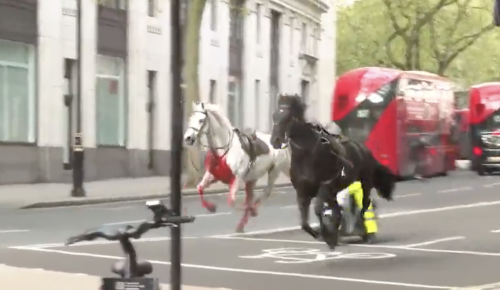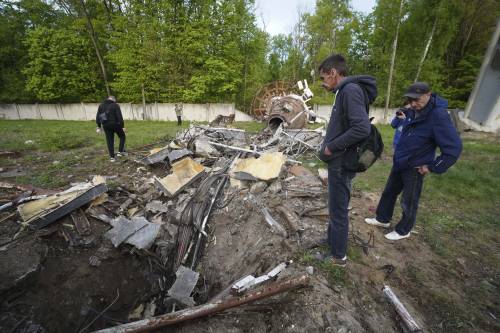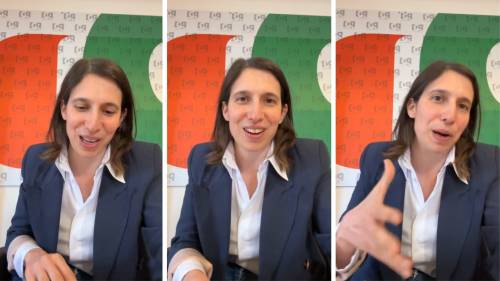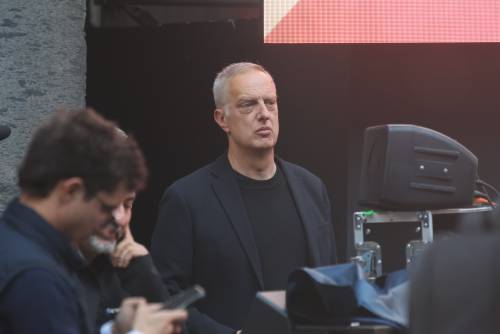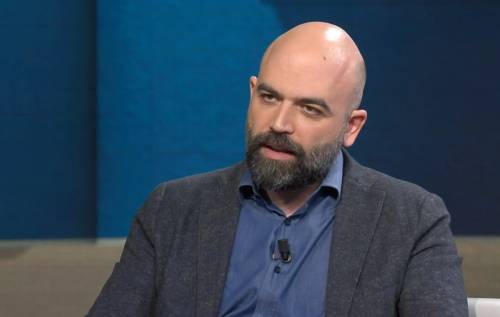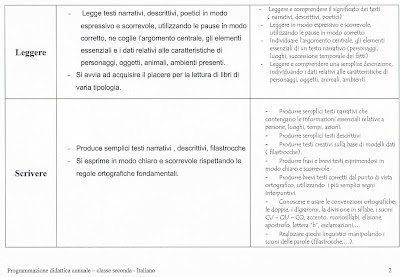Byatt, Antonia S. (2011). Ragnarok: the End of the Gods. Edinburgh: Canongate. 2011. ISBN 9781847679659. Pagine 193. 5,99 €

images-amazon.com/images
La lettura di questo libro è la conseguenza diretta della lettura di The Ocean at the End of the Lane di Neil Gaiman. Al termine della recensione di Antonia S. Byatt (The Ocean at the End of the Lane by Neil Gaiman – review) sul Guardian, il giornale rinviava a questo libro, che ho subito comprato e letto.
Non sono un tifoso sfegatato di Antonia Byatt: ho letto Possession, naturalmente, che mi è piaciuto senza entusiasmarmi e soprattutto senza farmi venire la voglia di leggere altri suoi romanzi. Quando un paio d’anno fa mia moglie ha finito di leggere The Children’s Book e me l’ha raccomandato, non ho voluto seguire il suo consiglio, spaventato anche dalle quasi 900 pagine.
Ma anche se non sono un tifoso sfegatato di Antonia Byatt, sono comunque un wagneriano sfegatato, e una rilettura dei miti norreni non me la potevo lasciare scappare: perché il Ragnarok è il crepuscolo degli dei, non la quarta giornata dell’Anello del Nibelungo, ma proprio il crollo del Pantheon nordico.
Antonia Byatt adotta un trucco vecchio come la letteratura (Boccaccio, Chaucer, Le mille e una notte, …): il racconto dei miti nordici viene filtrato attraverso la sensibilità di una bambina magra sfollata nella campagna inglese durante la Seconda Guerra Mondiale, che legge Asgard and the Gods; the tales and traditions of our Northern ancestors, forming a complete manual of Norse mythology di Wilhelm Wagner (non un parente di Richard).

wikimedia.org/wikipedia/commons
Spiccano alcuni aspetti che mi sembrano però (per quel che poco che ne so) tipici dello stile, e prima ancora del modo di essere, di Antonia Byatt:
- La sensibilità verso il modo infantile e, per quanto esile sia la figura della bambina magra, questo è un punto in comune con l’io narrante di The Ocean at the End of the Lane.
- Un vocabolario ricchissimo e preciso, che mi pare essere una cifra (come direbbero i critici veri) della scrittora di Antonia Byatt. Anche se, a volte, i lunghi elenchi di piante, fiori, pesci, uccelli e creature varie sfocia decisamente nella tassonomia barocca.
- Una grande attenzione ai temi dell’esaurimento delle risorse ambientali, tema molto insistito e ripreso nel capitolo finale (Thoughts on myth); tema che invece a me lascia freddissimo.
- Un’originalissima lettura di Loki come dio della razionalità e dello studio del caos. Anch’io, come Antonia Byatt, adoro Loge/Loki da quando l’ho incontrato in Wagner e – pur sapendo che figlio di puttana sia – riconosco che in me convivono aspetti dell’uomo d’ordine Wotan, il mago legislatore e garante del buon funzionamento dell’universo, e aspetti dello sparigliatore Loge, il dio schumpeteriano della distruzione creativa.
* * *
Partiamo da un approfondimento della figura di Loki, come emerge dalle pagine di Antonia Byatt (consueti riferimenti alla posizione Kindle):
The gods needed him because he was clever, because he solved problems. When they needed to break bargains they had rashly made, mostly with giants, Loki showed them the way out. He was the god of endings. He provided resolutions for stories – if he chose to. The endings he made often led to more problems.
There are no altars to Loki, no standing stones, he had no cult. In myths he was the third of the trio, Odin, Hodur, Loki. In myths, the most important comes first of three. But in fairy tales, and folklore, where these three gods also play their parts, the rule of three is different; the important player is the third, the youngest son, Loki. [364-367][…] Loki her father whose form was hard to remember, even for her, since it changed subtly not only from day to day but from moment to moment. [519]
Odin had acquired knowledge in danger and pain, and at the cost of an eye. Odin’s knowledge was the knowledge of the forces that bound things together, and of the runes that read and controlled those forces.
[…]
Odin controlled magic, a form of knowledge that controlled things and creatures, including the societies of gods and men.
[…]
Loki was interested in things because he was interested in them, and in the way they were in the world, and worked in the world.
[…]
A sacrificed man was a cross, a simplified tree. A lung, a brain, was complexity run wild, an unholy mess in which a different kind of order might nevertheless be discerned [913-916-920-926]As a child I had always sympathised with Loki, because he was a clever outsider. When I came to write this tale I realised that Loki was interested in Chaos – his stories contain flames and waterfalls, the formless things inside which chaos theorists perceive order inside disorder. He is interested in the order in destruction and the destruction in order. If I were writing an allegory he would be the detached scientific intelligence which could either save the earth or contribute to its rapid disintegration. [1311]
* * *
Qualche altra citazione:
[…] he had put the humans in their place and had told them to keep their place and not to eat the knowledge of good and evil. The thin child knew enough fairy stories to know that a prohibition in a story is only there to be broken. The first humans were fated to eat the apple. The dice were loaded against them. [183]
[…] out of sight and inside the head. [419: detto dei lupi del mito]
And the dwarves made a supple skein from unthings. There were six, woven together: the sound of a cat’s footfall, the beard of a woman, the roots of a mountain, the sinews of a bear, the breath of a fish and the spittle of a bird. The thing was light as air and smooth as silk, a long, delicate ribbon. [464]
The gods of Asgard were punished because they and their world were bad. Not clever enough, and bad. [999]
Courage became endurance, and soup was needed too much to be fed to the dying. [1031]
There are two ways, in stories, of winning battles – to be supremely strong, or to be a gallant forlorn hope. The Ases were neither. They were brave and tarnished. [1072]
[…] became ash amongst the falling ash. [1119: troppo facile, signora mia. Shame on you! Vergogna!]
The black thing in her brain and the dark water on the page were the same thing, a form of knowledge. This is how myths work. They are things, creatures, stories, inhabiting the mind. They cannot be explained and do not explain; they are neither creeds nor allegories. The black was now in the thin child’s head and was part of the way she took in every new thing she encountered. [1131]
[…] the black undifferentiated surface, under a black undifferentiated sky, at the end of things. [1188]
[…] Deryck Cooke, in his splendid study of Wagner’s Ring Cycle, I Saw the World End […] [1307: subito ordinato]



